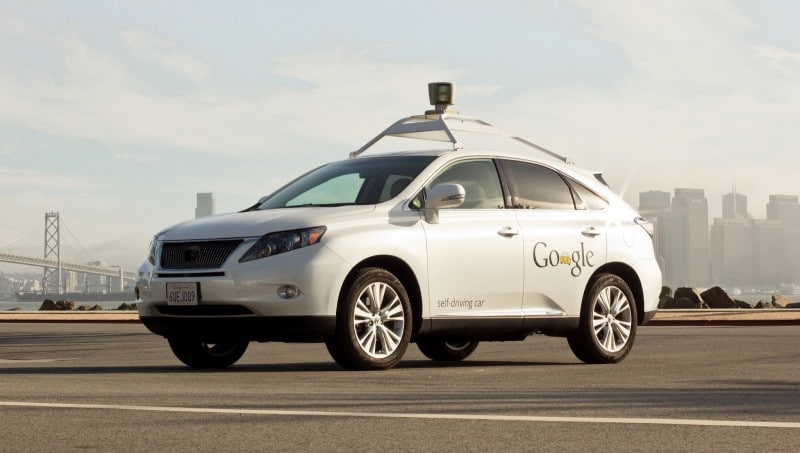
In-brief: Autonomous driving technology is likely to outstrip laws governing driverless cars, an article in IEEE Spectrum argues.
The folks over at IEEE Spectrum have an interesting piece on the growing tension between autonomous vehicle technology and the regulatory frameworks used by both federal and state authorities in the U.S. Technology – particularly regarding autonomous driving – is likely to move ahead far more quickly than our legislators.
From the article:
It is the year 2023, and for the first time, a self-driving car navigating city streets strikes and kills a pedestrian. A lawsuit is sure to follow. But exactly what laws will apply? Nobody knows.
Today, the law is scrambling to keep up with the technology, which is moving forward at a breakneck pace, thanks to efforts by Apple, Audi, BMW, Ford, General Motors, Google, Honda, Mercedes, Nissan, Nvidia, Tesla, Toyota, and Volkswagen…In the second half of 2015, Tesla Motors began allowing owners (not just test drivers) to switch on its Autopilot mode.The law now assumes that a human being is in the driver’s seat, which is why Google’s professional drivers and Tesla owners are supposed to keep their hands near the wheel and their eyes on the road. (Tesla’s cars use beeps and other warnings to make sure they do so.) That makes the vehicles street legal for now, but it doesn’t help speed the rollout of fully autonomous vehicles.
It’s not only the law that’s playing catch-up but also the road system. We’ve invested billions of dollars in a transportation infrastructure designed for human vision, not at all for computers. But it’s possible to make changes to the laws that govern the roads and the infrastructure, and those could go a long way toward making driverless cars the rule instead of the rare exception.
This is an issue that we’ve covered at The Security Ledger quite a bit, noting (as this article does) that the rules about liability are fuzzy when it comes to computer driven vehicles.
Source: Self-Driving Cars Will Be Ready Before Our Laws Are – IEEE Spectrum

i love the rules
Look for municipal govt’s to fight this tooth & nail. IF these auto-piloted cars really catch on in a big way, think about what it will do to the DWI industry. Talk about a disruptive technology! While the law won’t go away, it will be increasingly difficult for the cops to spot drunk drivers and therefore, anyone who considers themselves to be at risk of getting a DWI will consider this a “must have” piece of technology. Also, IF the technology is reliable, the incidence of DWI related accidents should precipitously decline which would reduce the political pressure for hiring (and paying for) legions of police to enforce DWI laws. It will be very interesting to see how politicians and cops try to keep their traffic enforcement cash cow alive. Way more checkpoints? More laws? I hope I live long enough to see this plays out.
Hey – there definitely is a DWI industry (and a home monitoring industry, etc.) I’m not sure that’s the biggest obstacle to self driving cars, though. But: yeah AI will have a huge impact up and down the line, including on municipalities that make $$ from parking tickets, moving violations, etc. Not to mention: the valet profession!
Pingback: Google, Ford, Uber Form Coalition on Self-Driving Cars | The Security Ledger